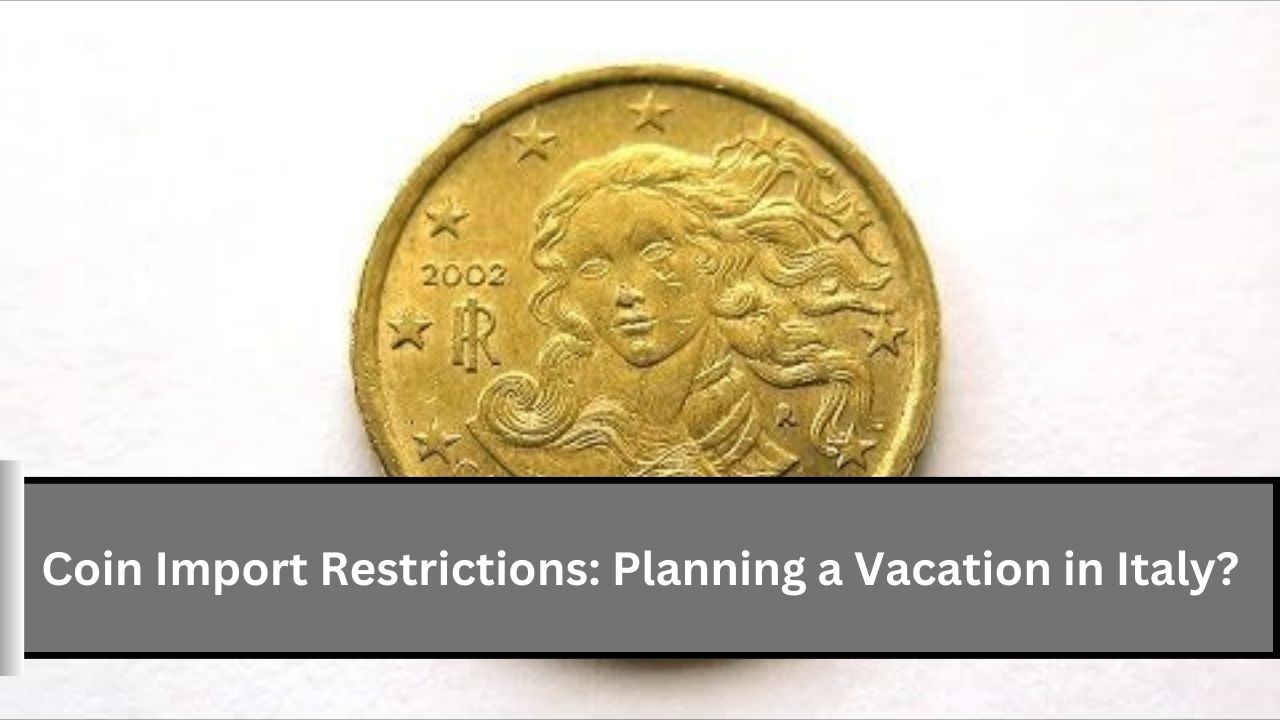If you’re planning a vacation to Italy, there’s something important you should know: the U.S. government has imposed restrictions on importing ancient coins from Italy. This is part of a Memorandum of Understanding (MOU) between the U.S. and Italy. Even though many people opposed these restrictions, the U.S. State Department (DOS) sided with the archaeological community. This decision has upset collectors, scholars, and even some U.S. lawmakers.
Why Are These Restrictions Important?
The restrictions are focused on preserving Italy’s cultural heritage. The goal is to prevent ancient coins from being smuggled out of the country illegally. However, this means that importing ancient coins, even those bought legally outside of Italy, has become more difficult.
| Key Points | Details |
|---|---|
| Memorandum of Understanding (MOU) | Agreement between the U.S. and Italy to protect cultural property |
| Import Restrictions | Focus on ancient coins from Italy |
| Opposition | Many collectors and scholars opposed the restrictions |
The Impact of These Restrictions
The restrictions make it harder for collectors and scholars in the U.S. to study and own ancient coins. Before, coins didn’t need specific documentation, but now they must have provenance records. Provenance is the history of ownership of an item, and without it, coins might be seized by customs when entering the U.S.
For small businesses and independent scholars, these rules are tough. Keeping detailed records for every ancient coin is almost impossible, and this creates a huge barrier for trade and academic research.
| Impact on Stakeholders | Effects |
|---|---|
| Collectors | Harder to import coins, risk of seizure by customs |
| Scholars | Restrictions on research opportunities |
| Small Businesses | Increased regulation and paperwork |
Challenges in Italy’s Cultural Preservation
Italy has struggled to manage its cultural heritage, with many ancient artifacts crumbling due to neglect. Despite this, the Italian government is against the idea of private citizens owning these ancient items. Instead, they want to keep everything under strict government control, which some critics say is more about protecting jobs than preserving culture.
Some have suggested that Italy might even consider selling cultural artifacts, similar to how commercial companies like McDonald’s or Casinos operate. This is a controversial idea, but it highlights the frustration many feel about how Italy manages its cultural treasures.
The Controversy Over the Phrase “Of Italian Type”
One of the most debated points in the new rules is the phrase “of Italian type.” This applies to coins that look like they come from Italy, even if they were found outside the country. This creates a legal problem because it criminalizes coins without proper documentation, even if they’ve been in the trade for centuries.
Collectors now have to prove that their coins weren’t found in Italy, shifting the burden of proof onto them. This has caused frustration because it’s almost impossible to track the history of every coin, especially those that have been traded for generations.
Conclusion
The new import restrictions on Italian coins are part of a broader effort to preserve cultural heritage, but they’ve caused frustration among collectors, scholars, and even U.S. lawmakers. The rules make it harder to trade and study ancient coins, especially since many coins don’t have the required provenance records. While Italy continues to face challenges in preserving its own cultural treasures, these restrictions create new hurdles for Americans interested in studying and owning ancient coins.
FAQ’s
What are the new U.S. restrictions on importing Italian coins?
The U.S. has restricted the import of ancient Italian coins to preserve cultural heritage, requiring documentation of their origin.
Why did the U.S. impose these restrictions?
The restrictions aim to prevent the illegal export of Italian cultural artifacts and protect historical treasures.
Who is affected by these restrictions?
Coin collectors, scholars, and small businesses dealing with ancient coins are most affected by the new rules.
What does the phrase “of Italian type” mean?
This refers to coins that look like they were made in Italy, even if they were found elsewhere, complicating the import process.

